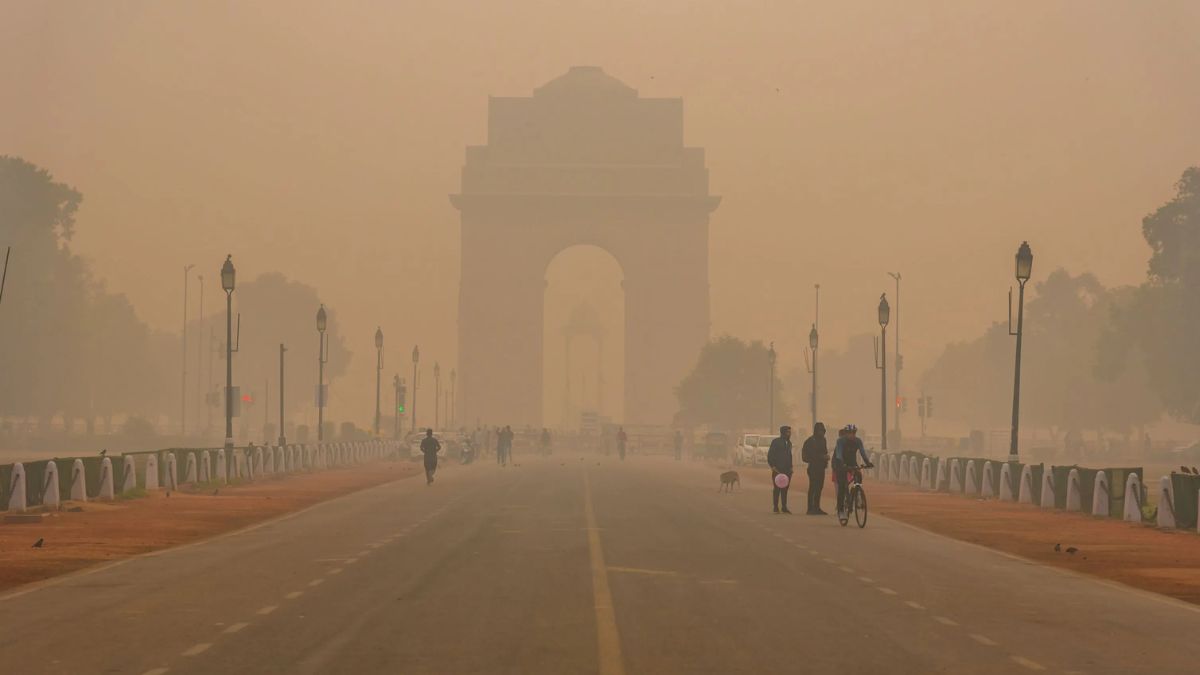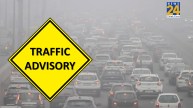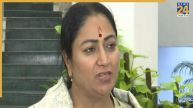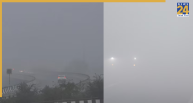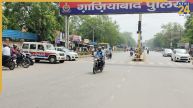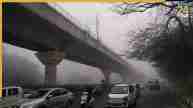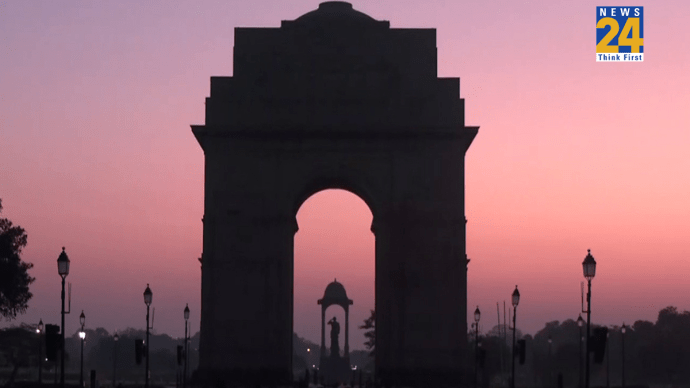As the festival of lights, Diwali unfolded in Delhi, the air quality took a turn for the worse, raising concerns about the well-being of residents. Despite a slight improvement following rain showers, the festivities on Saturday night contributed to the deterioration of air quality in the national capital. With winter settling in, the combination of cold air and lingering pollutants has led to discomfort, including eye irritation for the city’s inhabitants.
Current Air Quality Status
The latest air quality index (AQI) data from the Central Pollution Control Board (CPCB) paints a grim picture for Delhi. The overall AQI for the city today is recorded at 303, indicating a ‘bad’ air quality level. Specific areas are facing even higher pollution levels, with Anand Vihar at 266, RK Puram at 241, Punjabi Bagh at 233, and ITO at 227. These figures highlight the severity of the pollution, impacting the health and well-being of the population.
Post-Diwali Outlook
The Meteorological Department has issued a warning about the likelihood of a further decline in air quality in the coming days. Winds from the north-west are expected to exacerbate the pollution levels, potentially pushing the air quality index beyond 400. This alarming forecast suggests that Delhi might experience a ‘severe’ air quality category on 13-14 November, posing serious health risks for residents.
NGT’s Concerns and Instructions
In response to the deteriorating air quality, the National Green Tribunal (NGT) has expressed dissatisfaction with the efforts made by various agencies, including the Kejriwal government, to combat air pollution in Delhi-NCR. The NGT has questioned the efficacy of the measures taken on the ground, urging the government to reassess its strategies. A bench led by NGT Chairman Justice Prakash Srivastava, Judicial Member Sudhir Aggarwal, and Environment Member A. Senthil Vel has directed the Kejriwal government to take immediate and stringent steps to address the escalating pollution levels. The government has been given a deadline of November 20 to present a comprehensive report detailing the steps taken and proposing viable solutions.
The current state of air quality in Delhi post-Diwali demands urgent attention and decisive action. As residents grapple with the adverse effects of pollution, there is an immediate need for collaborative efforts from all stakeholders, including government bodies, environmental agencies, and the public. Strict enforcement of pollution control measures, coupled with public awareness campaigns, can contribute to mitigating the crisis and safeguarding the health of Delhi’s residents. The NGT’s stern instructions underscore the gravity of the situation, urging authorities to prioritize the well-being of the citizens and take swift action to address the alarming levels of air pollution in the national capital.
Also Read: PM Modi’s Pledge For Social Justice: Committee To Explore Sub-Categorisation Of Scheduled Castes

